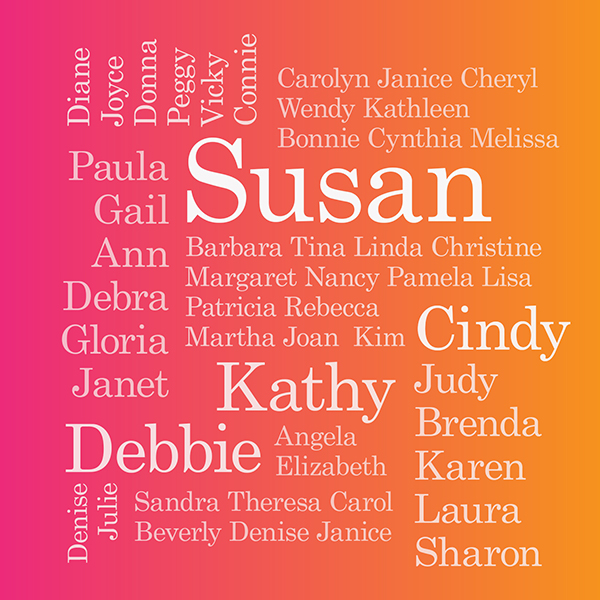Gray, Gay and an Authentic Voice for YA Fiction
I used to say the only thing straight about me was my hair. Then, it turned gray. Here’s the small print on aging hair: it also becomes another texture.
Today, it’s slightly wavy and unruly. I wear it long, like a cape of diamonds that swirl behind me. It’s a political statement that declares my age (60). It’s how I push back on the cultural meaning of what a woman should look like within the patriarchy without ever saying a word, which is ironic since I spend all day, every day using words.
Hair is a metaphor of how I utilize the force of the feminine and no longer feel encumbered by other people’s opinions of my appearance.
What does this have to do with being a Young Adult author?
Everything.
The voice in YA must be authentic, and if a writer cannot be out and about and who they really are—in my case, a lesbian partnered for over 20 years—they have no business stepping foot in this arena. Teens will not tolerate literature if it doesn’t hit a nerve, stir things up, or challenge them as free thinkers.
I have two kids—one in college, the other almost a senior in high school—and not a day goes go by that I don’t recognize the challenge of this time in their lives.
Good or bad, what happens to us in our youth is utterly unforgettable.
But YA is not just for kids. It’s a period of time that every adult identifies with. These experiences are always topside, regardless of how old we are.
This is one of the reasons why authors like myself can inhabit the voice of a 16 year-old. My writing focus is on LGBTQ themes and kids who are marginalized with the odds packed against them. I relate to their struggles from a different perspective, but the voice has the same feeling.
My first YA series was historical fiction. Honey Girl and Riptide Summer revisited what it was like to be 16 in the 70s, knowing I was attracted to other girls, and confused by the beautiful boys that constantly side tracked me away from them. Surf culture is notoriously homophobic, and the beach I grew up on in California definitely fell into that category.
I also explored the unanswerable question of how to survive grief, for me personally, the death of my father when I was a teen, and how the consequences that followed seemed never ending.
Although that happened many years ago, it still evokes emotion in me, and helps me relate to the characters I create. Fiction is an interesting process. It requires strategic precision and a willingness to throw out ideas unmercifully when they don’t work, and walk through old feelings when they do.
Regardless of our age or genre of novel, we read to find ourselves between the pages. The importance of this blog and others like it is to document and create community beyond the limitations of pre-conceived opinions of age, which do not need to exist. Not because we are less concerned with our appearances, but because we are more concerned with maintaining our self-respect.
When we accept ourselves as we are today—instead of as we were 30 years ago—there’s little to say, but a lot to live. We become better with age.
Brava to us all for addressing the strands of time beyond our hair, no matter what color it is.










